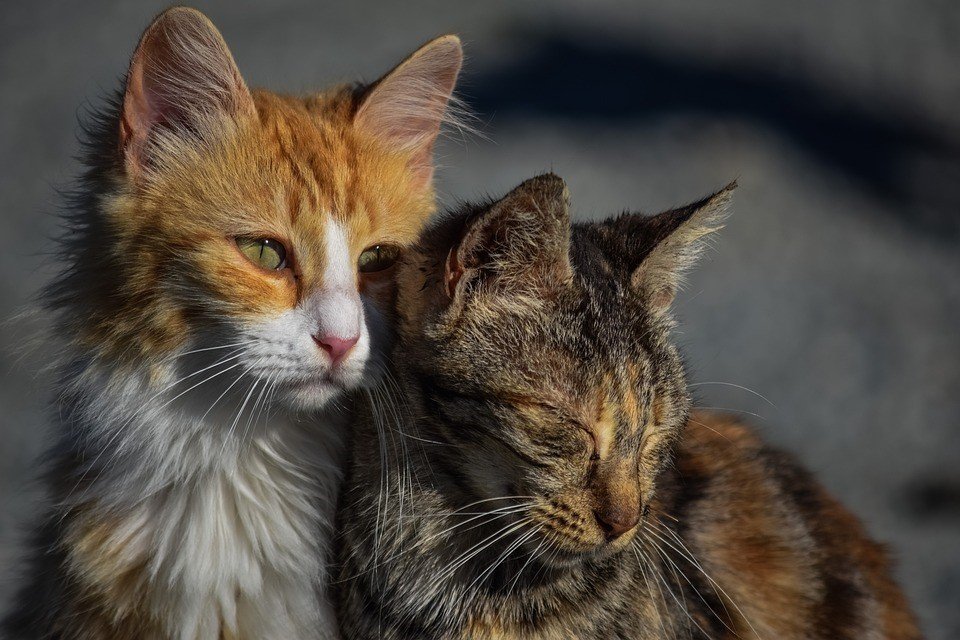Pet owners and guardians have complained that cat sterilisation methods used by some licensed veterinarians do not follow proper protocols, causing the animals unnecessary harm and pain.
Many complaints concern common practices employed in the sterilisation of cats in collaboration with municipalities, Philenews reported.
The veterinary association annually receives 30 to 50 complaints in total from concerned members of the public, Vice President of the Veterinary Association Demetris Epaminondas told the news outlet.
Some complaints claim veterinarians violate the conditions set by the state sterilisation scheme for stray cats, and that the spaying and neutering of animals performed under the scheme are not carried out properly. Instead, dangerous and painful sterilisation methods are preferred, according to the complainants.
Epaminondas explained that though the public may phone in allegations, no one seems willing to proceed with a formal complaint.
“As the veterinary council, legally responsible for the practice of veterinary medicine, we take all these reports seriously, [because] we do not want to be defamed by any of our members. Where there is evidence, we proceed with complaints to the police,” Epaminondas said.
However, he added that whenever statements are given to the police, witnesses do not follow through and the case gets dropped.
As a result, although illegal or poor practices by vets are immediately investigated, none have been officially registered.
Complaints reaching the council are on the rise, Epaminondas said.
President of the association for cat welfare, Dinos Agiomamitis, said that approximately 4,500 cat sterilisations are performed annually island wide.
The number of sterilisations remain negligible relative to the numbers of stray cats, despite the increase granted in the annual allocated state budget from €75,000 to €100,000.
The funds from the state cover approximately 1,500 sterilisations Agiomamitis said.
Municipalities do contribute funds, as do the animal charities, however, if you assume the island to have around 1 million stray cats, only a tiny percentage are sterilised.
Since the total population of stray cats in Cyprus has yet to be scientifically estimated, no specific target can be set.
“For a sterilisation plan to be considered successful, according to the literature, 70 per cent of cats should be sterilised and this should be maintained,” Agiomamitis noted.
Mass sterilisations need to be done, on the order of 20 to 30 thousand, the cat welfare rep said.
He added that the association had submitted a proposal to the ministry of agriculture to introduce a subsidy program matching municipality contributions.
The idea is to systematically match any municipality funding with an equal contribution of state funds, thus doubling their resources, and motivating non-participating municipalities with a start-up amount.
“If this were done, within five to seven years the problem of stray cats would be dealt with,” the animal rep stated.
Agiomamitis said malpractice complaints were difficult to investigate as only an autopsy could prove what happened. However, according to Agiomamitis, the majority of vets do follow correct procedures.







Click here to change your cookie preferences